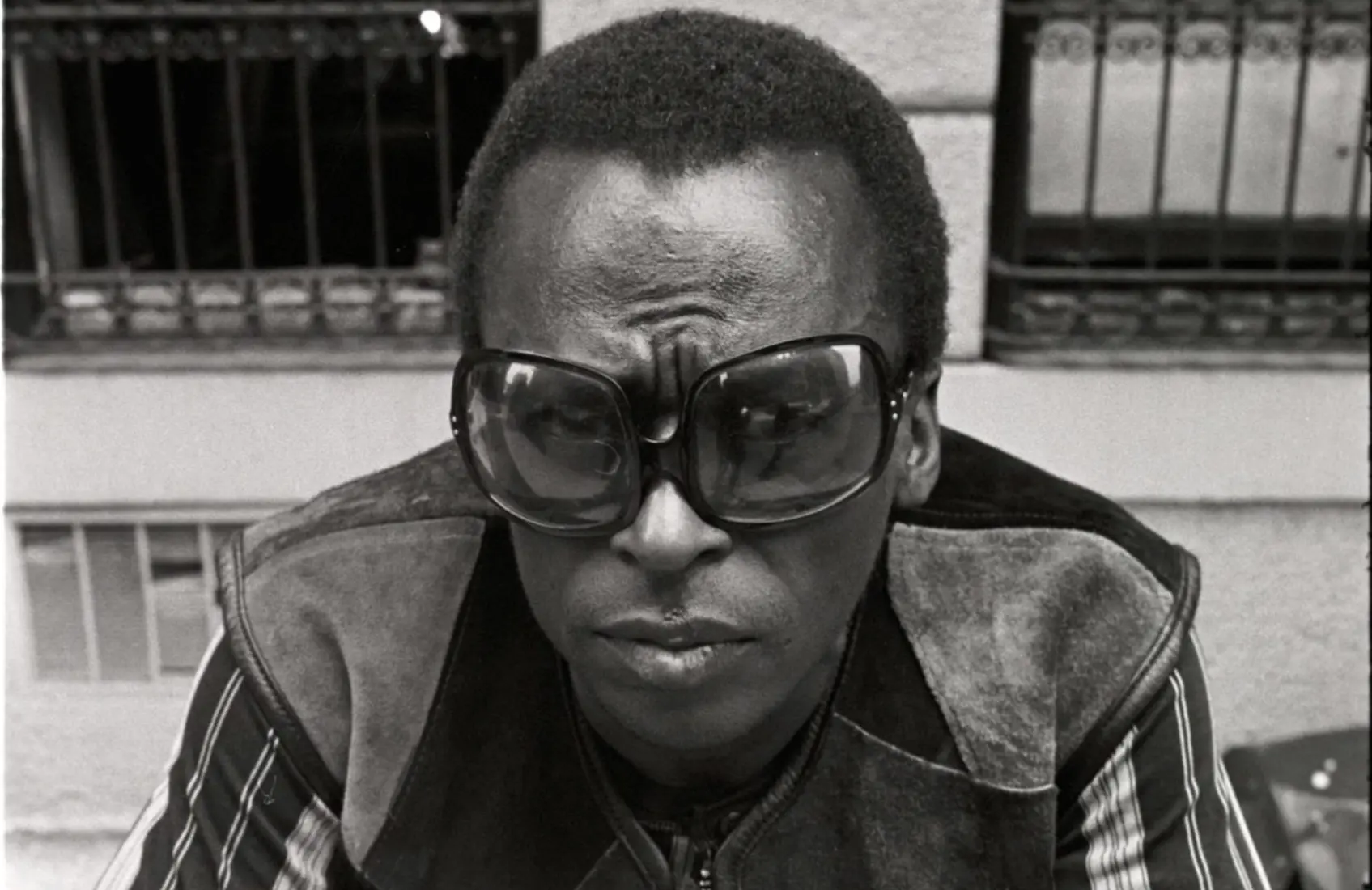Miles Davis: Birth of the Cool Made My Black History Month
-
 An undated portrait of Miles Davis from the PBS film on his life.
An undated portrait of Miles Davis from the PBS film on his life.I used to criticize TV’s practice of scheduling all its black-themed programming in a single month (the shortest of the year, no less). But two things changed my mind. First, I researched a story on Black History Month and discovered it was a response by African-American historians to the pro-Southern interpretation of the Civil War that held academic sway for decades.
Second, TV gave up on Black History Month. I actually had trouble this year finding many high-profile new shows about the African-American experience. Most channels are simply scooping up all their programs with black leads in them and rerunning them in February. An exception is Netflix, which launched the docuseries Who Killed Malcolm X?, a whodunit about the person responsible for his murder 55 years ago.
But the Black History Month program that stands out for me is Miles Davis: Birth of the Cool, airing this week on the PBS anthology series American Masters. It’s from Peabody-winning director Stanley Nelson, who's known for his civil rights documentaries (The Black Panthers, The Murder of Emmett Till), of which this is one, as trumpeter Miles Davis had a tremendous impact on both American music and the struggle for racial equality.
Davis made jazz history, again and again, from his early bebop sessions with Dizzy Gillespie and Charlie Parker, to his 1950s sessions resulting in classic albums Miles Ahead, In a Silent Way, and Kind of Blue, to his evolution into a leading-edge fusion artist in the 1970s. His final years were marked by constant touring that yielded one last masterpiece and a round of reconsideration from critics who had previously dismissed him as remote, angry and bizarre.
Before he died in 1991, Davis wrote an autobiography, and this is what serves as the major text of Nelson’s film. (It’s read in Davis’s characteristic scratchy-throated voice by Carl Lumbly.) Nelson also interviews people who were near to Davis, and by “near” I mean physically if not emotionally close. He was famously aloof and not a husband to write home about.
“He grew up as a dentist’s son. As someone says in the film, his father was the second richest African American in the state of Illinois, and that’s who Miles Davis grew up as,” Nelson said last month at TCA winter press tour. “But he also grew up in East St. Louis at a time of segregation and rampant racism. And all those things, I think, went into making Miles who he was.”
Miles Davis: Birth of the Cool is a lush experience of sights and sounds, full of the rare images and video clips that American Masters directors always seem to dig up. When I think of how Miles Davis changed history, I usually don’t think of his ballads. But there is an entire sequence in which Nelson powerfully combines music and the words of fellow musicians to explain the exquisite beauty of Davis’ ballads, many of them composed for now-forgotten movie soundtracks.
“All of the musicians that we talked to loved Miles,” Nelson said. “Even with as hard and abusive of a person that Miles could be, the musicians who played with him loved him. We were able to get Herbie Hancock and Wayne Shorter and Jimmy Cobb and Carlos Santana, Quincy Jones. When they heard we were doing a film about Miles, they came on in because they all wanted to tell their stories.”
Miles Davis: Birth of the Cool airs this week on PBS stations as part of American Masters.
Aaron Barnhart has written about television since 1994, including 15 years as TV critic for the Kansas City Star.
TOPICS: American Masters, PBS, Miles Davis, African Americans and TV, Documentaries
- TV Today: Jennifer Lopez, Jane Fonda and Lily Tomlin Light Up Netflix
- Amy Tan jokes she was on “the path to obscurity" when Robert Redford's late son convinced her to do an American Masters documentary
- Former Tonight Show bandleader Doc Severinson's American Masters documentary pulls back the curtain on his personal life, including alcoholism and drug use
- Doc Severinsen’s Triumphant Post-Carson Career Is the Inspiration We Need Now